A transparent foreclosure marketplace reveals hidden equity
Housing Wire
APRIL 8, 2021
billion in potential home equity has been uncovered for distressed homeowners facing foreclosure. billion is the amount of surplus funds generated by foreclosure sales on the Auction.com platform between 2016 and 2020. billion in surplus funds over the last five years — an average of more than $36,000 per sale.

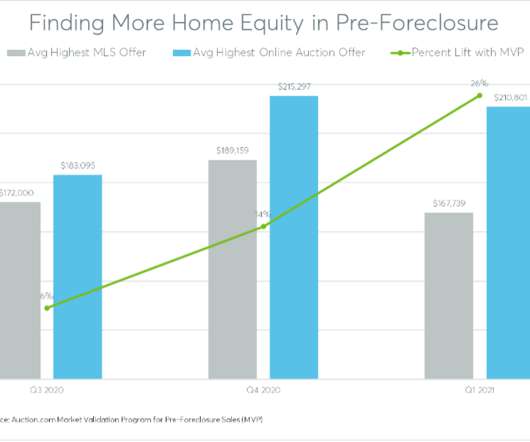
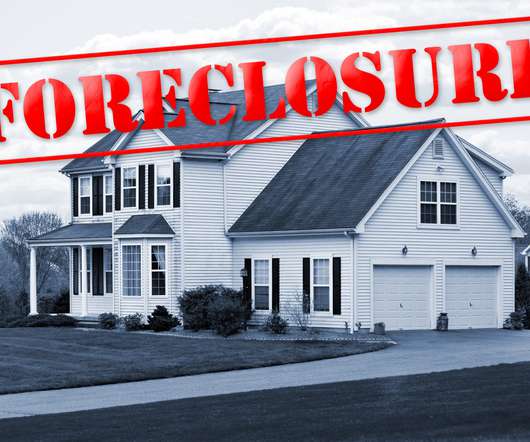

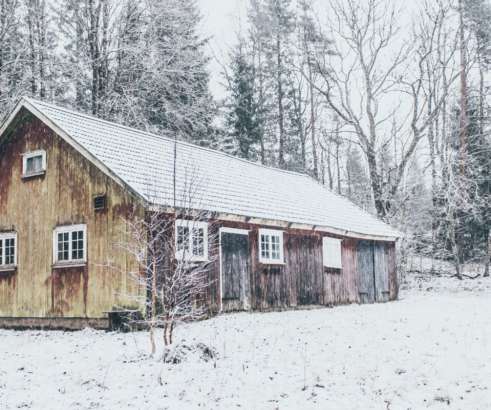
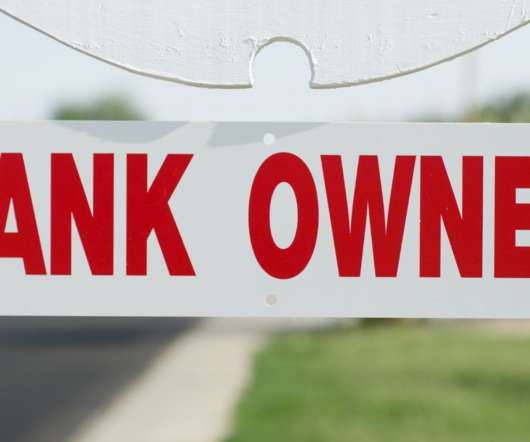



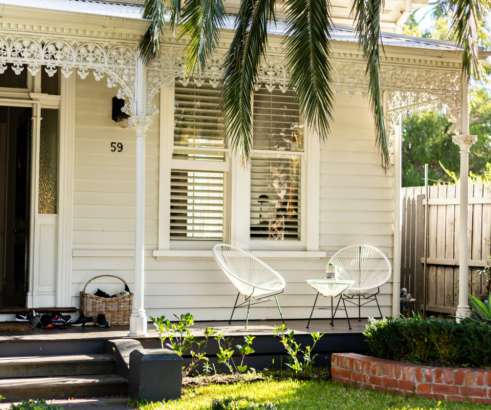

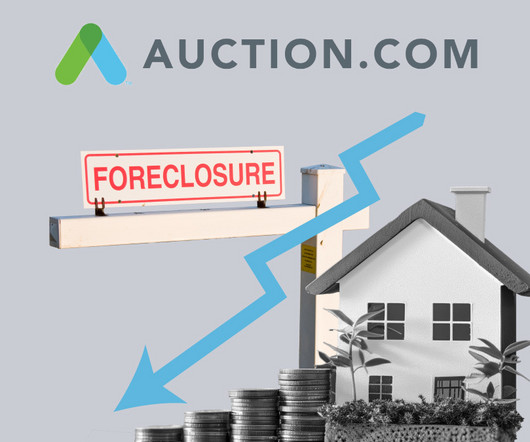









Let's personalize your content